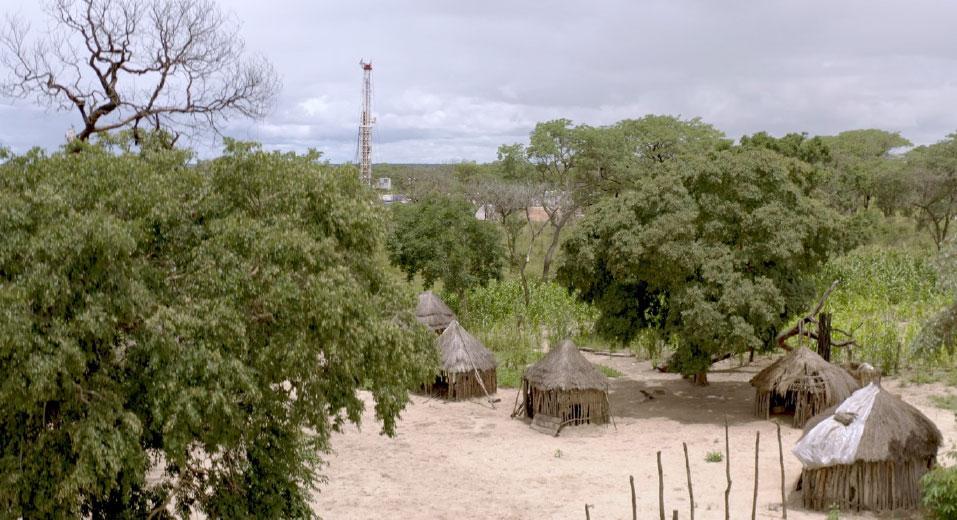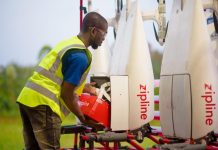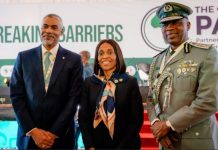Africa-Press – Botswana. Canadian oil drilling company ReconAfrica, registered in Botswana as Reconnaissance Energy Botswana, plans to move ahead with stakeholder engagement and exploration activities in Botswana despite growing concerns in local communities and experts. After reporting their failure to find a workable petroleum system in Namibia following tests at their third exploration well, the company has publicised its intention to commence stakeholder engagement and exploration activities in Botswana early next year.
ReconAfrica obtained a lease in 2021 for petroleum exploration and production in an area encompassing Tsodilo Hills and bordering the Okavango Delta. International condemnation against ReconAfrica has been fierce, and local communities from affected areas are starting to voice their opposition.
Community opposition
The press reached out to local communities in the ReconAfrica lease area to the northwest of the country who were angered by the news that ReconAfrica intends to proceed with plans to explore and exploit oil reserves within their tribal lands.
“We do not want them here,” says a local guide and resident of Tsodilo Village called Lopang Majanga. “They will destroy our lands and poison our water. If ReconAfrica comes here, it will be a disaster.”
Community members in Tsodilo Village and Xaudom told that they were visited by members of the Ministry of Minerals in 2021 who promised jobs and vehicles in return for their agreement to allow ReconAfrica to operate within their tribal lands. According to a San rights group reported in The Business Weekly & Review, BaSarwa communities were allegedly not allowed to participate in primary consultations. Subsequently, a United Nations Committee focused on the Elimination of Racial Discrimination held on 21 November in Geneva reprimanded a Botswana delegation for not including BaSarwa groups in these primary consultations.
HaMbukushu leader
In August this year, the same communities were visited by a HaMbukushu leader from a local village in the Kavango Province of Namibia where ReconAfrica continues to explore for oil despite no reported success. The traditional leader addressed the communities in Tsimbukushu and warned them about what has happened to his community.
Following this visit, a farmer from Xaudom Village told: “We have heard from our brothers in Namibia and they have warned us against this company. ReconAfrica promised them jobs and money but paid nothing. Their boreholes dried up and their cattle are dying.”
To verify these accounts, The press contacted the head of a Village Development Council (VDC) near one of ReconAfrica’s three exploration drill sites in Namibia’s Kavango East region. The community leader said farmers had been harassed into signing agreements with ReconAfrica and were not adequately compensated.
Fracking concerns remain
Environmental concerns around ReconAfrica’s ambitious oil drilling project remain. In its latest advert in the press published on 26 October, the company claims that no hydraulic fracturing (fracking) will be involved. However, their investor presentation highlights that the reserves (yet to be proven) are unconventional shale deposits, which experts like Matt Totten, a petroleum geologist from Namibia, claim can only be extracted through fracking.
Contributing over 13% of Botswana’s GDP, experts warn that oil drilling anywhere in Botswana could have serious consequences for Botswana’s tourism industry as well as the country’s international reputation.
The African Travel and Tourism Association (ATTA) is the largest global network of travel specialists focused on the African continent, promoting tourism within over 21 African countries. The leader of the association, Chris Mears, spoke to the press and claimed that impacts on tourism revenue could be severely impacted should ReconAfrica proceed with exploration and production activities in Ngamiland.
Mears claims asserted: “Allowing oil drilling in these wilderness areas will have an impact on the perceptions of visitors along with the potential ecological impact on the areas where the drilling is actually taking place.”
While Mears does not believe there will be a boycott on tourism in the country, he stated: “External influences play heavily on consumer behaviour, and it will be the consumer who is likely to choose to visit an alternative destination and it will be them who drive a shift in patterns.”
OKACOM report
According to an OKACOM report published in 2011, 93.9% of the total population of Ngamiland are dependent on and derive income from tourism. ReconAfrica did not respond to questions on whether their activities would affect tourism and whether any plans were in place to mitigate the economic fallout of their activities in Ngamiland.
The company does claim that their operations will bolster wealth in their areas of operation. However, Mears from ATTA points out: “While the oil exploration will undoubtedly bring revenue into the country, much of this wealth will go to the offshore companies and not filter down to the communities that are currently supported by tourism spend.”
For More News And Analysis About Botswana Follow Africa-Press






